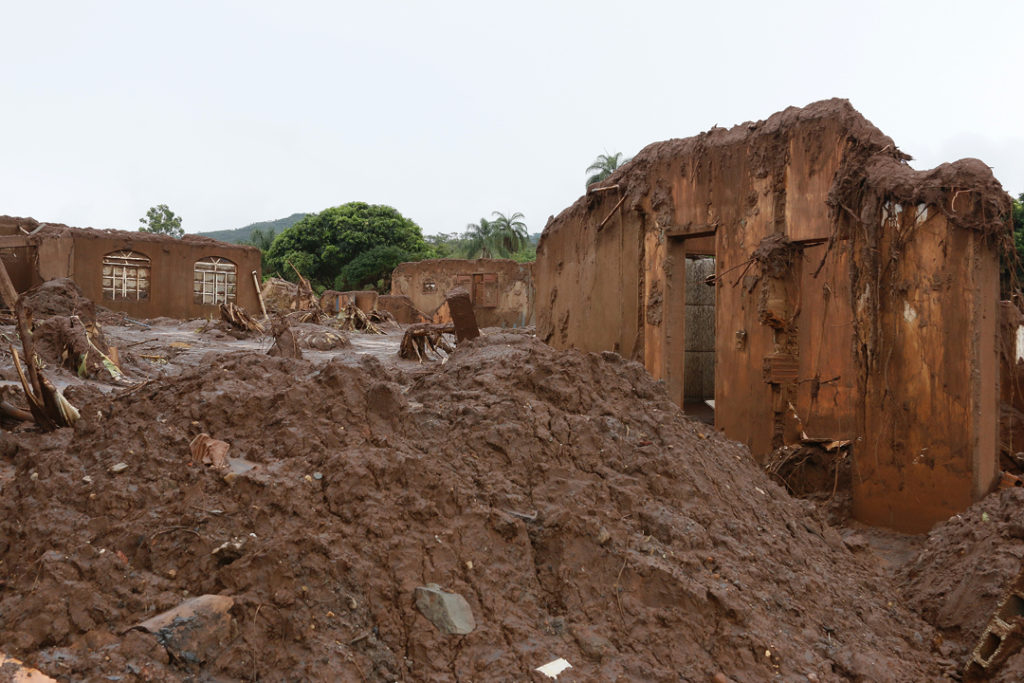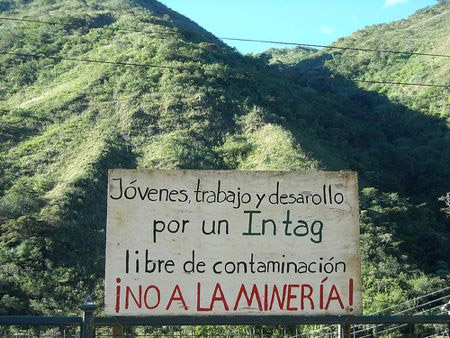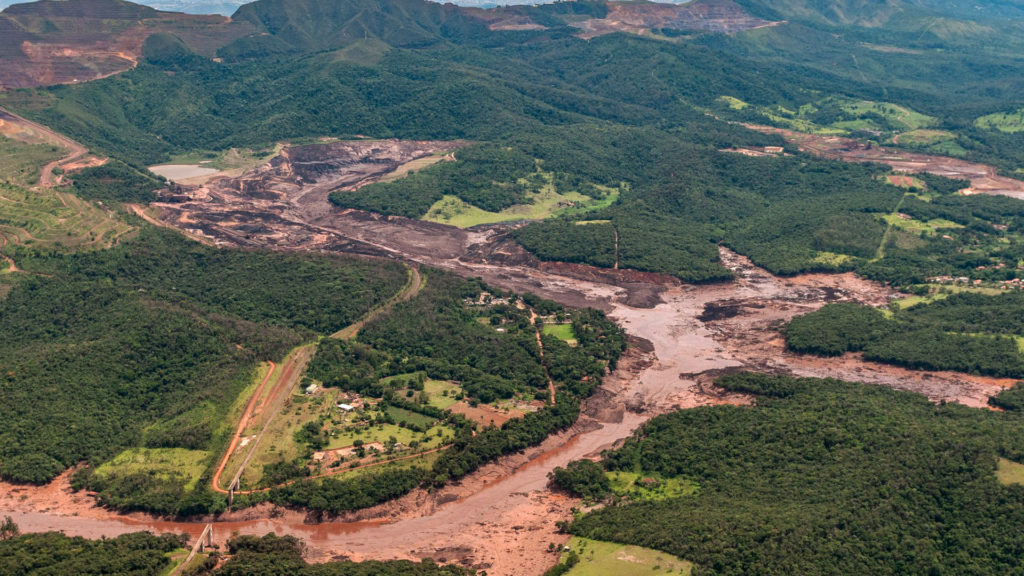It might seem like common sense for a company, especially one that extracts the amount and degree of natural resources that mining companies do, to obtain consent from the communities who govern and depend on said natural resources before starting a project.
But mining companies around the world have a long and storied track record of opening mines without permission, and often downright opposition, from impacted communities.
Many communities, often indigenous, have successfully protested mines. Mining companies become embroiled in conflict with the community, damaging their reputation. Consider Newmont’s Conga mine in Peru, which was forced to shut down its operations after community protests, which had also resulted in an emergency declaration by the government and several fatalities.
International Law
In the past decade, debacles such as this have led to a groundswell of support from civil society to establish policies that protect community rights from development projects. In 2007, the United Nations called for universal adoption of free, prior and informed consent (FPIC) of Indigenous communities before starting a project. And before that, in 1989, the International Labour Organization passed Convention No. 169, which created a legally binding international instrument on the rights of indigenous and tribal peoples.
Free, prior and informed consent is the foundation for socially and environmentally sound practices for mining operations around the world. In response to growing pressure, mining companies are starting to acknowledge new expectations of rights protections.
What is Free, Prior and Informed Consent?
- FREE: Consent obtained must be freely given, without coercion, manipulation or bribes.
- PRIOR: A company must obtain consent of the affected community before starting operations. This means communities have the right to oppose a project and prohibit its development.
- INFORMED: Full disclosure of information regarding all aspects of a proposed project or activity in a manner that is accessible and understandable to the people whose consent is being sought.
- CONSENT: A company must inform community members of the positive and negative impacts of a project before seeking consent.
Increased Support for FPIC
International Finance Corporation and World Bank
This World Bank lending institution now requires its clients to secure FPIC from affected indigenous communities.
The World Bank also requires that operators of projects it funds conduct a “free, prior and informed consent consultation” and “obtain broad community support” before developing a project.
International Council for Metals and Mining
Even the ICMM, a mining industry group, has adopted a statement requiring member companies to “work to obtain” FPIC from impacted indigenous communities. Though this position falls short of requiring consent, it shows the greater acceptance of the concept.
Initiative for Responsible Mining Assurance
The Initiative for Responsible Mining Assurance (IRMA) is a multi-stakeholder and independently verifiable responsible mining assurance system that improves social and environmental performance, covers FPIC in their draft standard. Chapter 2.10 outlines the process by which mining companies will engage with indigenous peoples with the purpose of obtaining FPIC.



